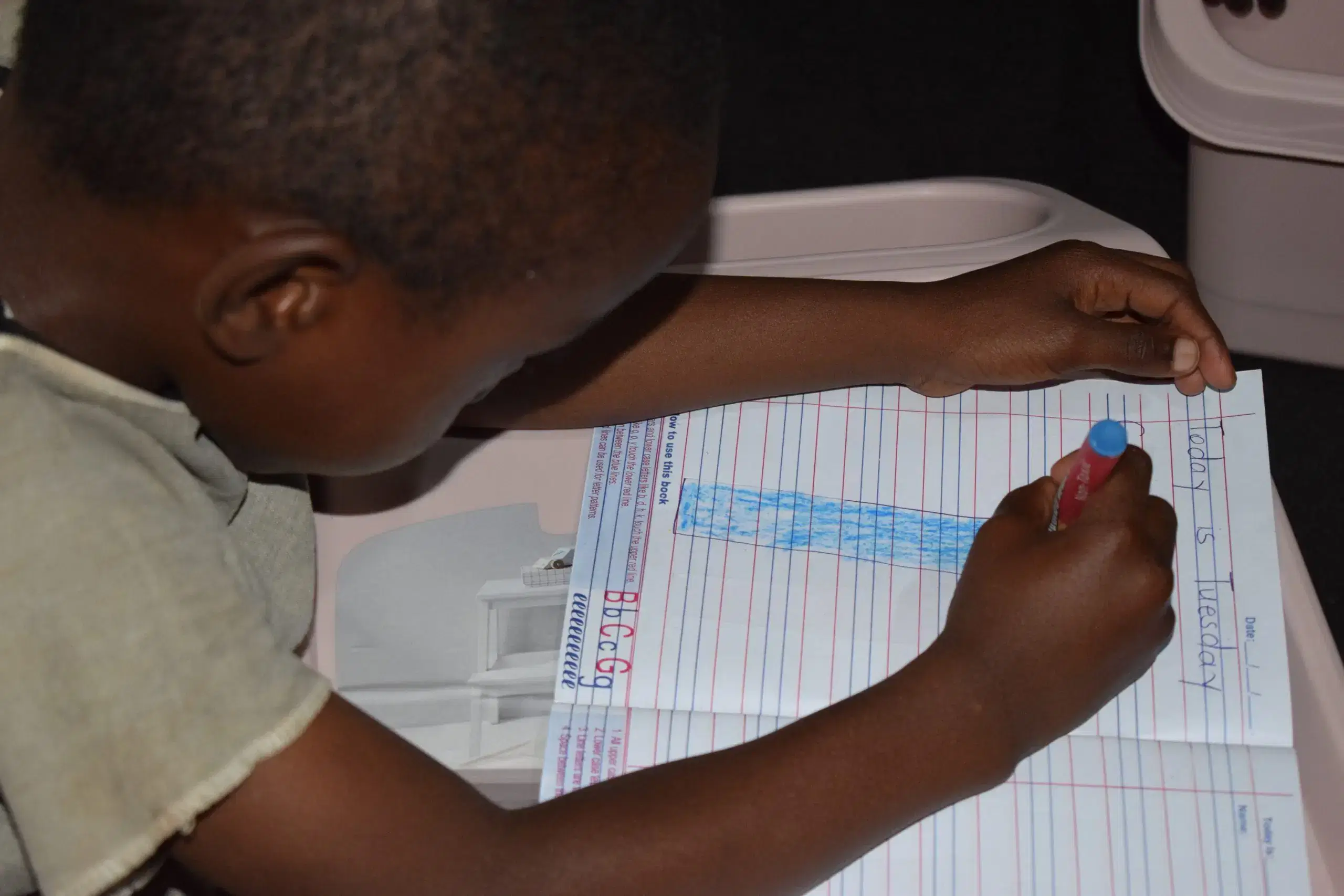Uganda
Ongoing
Hope for Children, Chance for Childhood (local partner)
Why is the project needed?
In Namuwongo, many children face significant barriers to education, including limited access to electricity and reading materials. Without the ability to study after dark, children struggle to keep up with their learning, and many families are unaware of the importance of supporting literacy at home. This project fills these gaps by providing both the resources and educational opportunities that children need to thrive. The programme not only equips children with essential literacy skills but also educates parents on how to support their children’s learning.
About the Project
The project focuses on organising literacy classes for out-of-school children and running homework clubs for those attending school. It also provides solar-powered reading lamps to enable children to study after dark and sets up a mobile library to give children access to a variety of books and reading materials.
Goals and Objectives
Provide Informal Education:
Organise and conduct literacy classes for out-of-school children aged 3-12 years.
Run homework clubs to help school-going children with their studies while accommodating their daily routines.
Enable Learning After Dark:
Distribute solar-powered reading lamps to households without reliable electricity, allowing children to study and read at home after dark.
Increase Access to Books:
Develop a mobile and creative library to give children access to a variety of books and reading materials, fostering a love for reading.
Engage Parents in Literacy Support:
Organise workshops to educate parents on the importance of literacy and how they can support their children’s learning at home.
How we did it
The Disability Detect App was designed as a mobile tool accessible even in low-technology environments, ensuring that children from remote or disadvantaged areas were not left behind. The project included:
Teacher Training: Chance for Childhood trained teachers on how to use the app effectively and how to identify developmental delays, equipping them to offer timely interventions.
App Accessibility: The app was developed to work in low-tech environments, ensuring it could be used anywhere, regardless of internet or technical resources.
Piloting in Schools: The app was piloted in 20 governmental pre-primary schools, laying the groundwork for its broader use across more schools and communities.
Our impact so far
226 children have already been reached with informal educational opportunities, including literacy classes and homework clubs.
121 children have been provided with solar-powered reading lamps, allowing them to continue learning after dark.
The project is building a foundation for increased literacy and improved educational outcomes for children in the Namuwongo settlement.
The project will continue to reach more children, working toward the goal of supporting 700 children over three years. By distributing more solar lights, expanding access to the mobile library, and engaging parents, the project will help ensure that children in Namuwongo have the resources and opportunities they need to succeed in their education.

